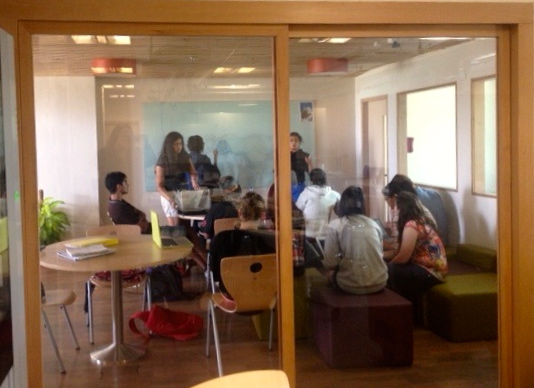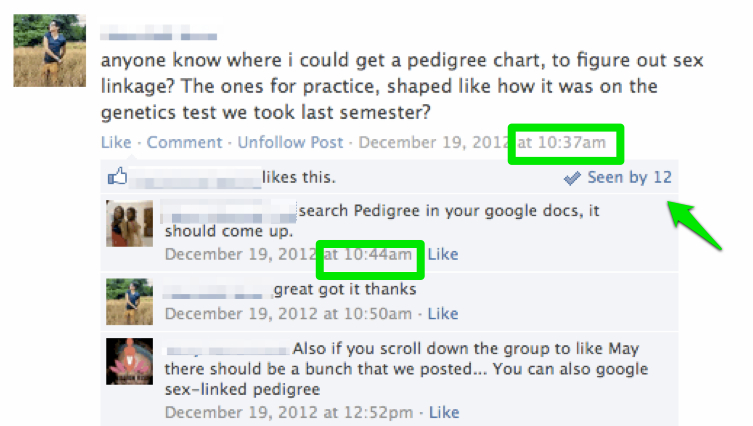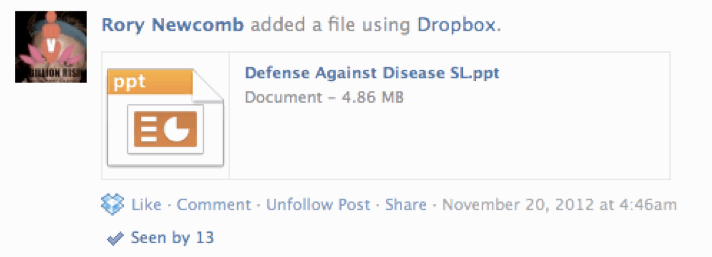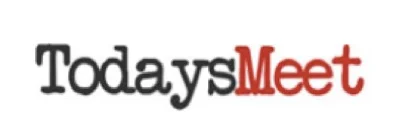PBL: My WOW Moment of the Day!
Today was a particularly
hectic, maddening day for me. Senior grades were due at 9 am this
morning, I taught three back to back classes with a meeting during
second break, and my seniors had their Paper 1 and Paper 2 IB Biology
exams at 1:00. It was one of those days. I am so anxious and
distracted while my students are taking exams. I just want to take it
for them. I would do really well on them and it would sure make the two
years leading up to exams so much easier on me as a teacher. AHHHHH!!!
As a teacher, this was one of
those moments that you never forget. While hugging my seniors goodbye
hoping that some of my knowledge and confidence would rub off onto them,
I looked out to find my entire 10th grade class reviewing the cell
membrane as one cohesive group. Three of the students took the
initiative to grab some whiteboard markers and lead the rest of them
through a review of the topics
that they are required to know for their independent projects. Amazed
and shell-shocked, I went outside and joined them, but not as their
teacher. At this moment, I was an admirer, impressed by the fact that
each and every one of them had made good decisions about their learning
independent of my supervision. They could have just as easily been
playing games, chatting on Facebook, setting fire to each other and
countless other things that I would rather not think about. It was so
fulfilling to join a discussion with a group of students that were
prepared and determined to explore these concepts at a deeper level. At
the end of the day, if all they walk away from this project with are
the skills of collaboration and taking personal responsibility for their
learning, I would consider this a huge success. Fortunately, most of
them will also understand the mechanisms of cell membrane regulation and
be able to apply them to specific functions of the human body such as
lactose intolerance, Parkinson's disease, how endorphins work,
starvation, why asthmatics need inhalers, weight loss and many other
interesting topics. I truly look forward to learning from their
presentations at the end of the project.
After school today, one of the students posted the pics from class to our Facebook group via Dropbox!
Looks pretty productive to me!
At 3:30, the first wave of my SL students returned to my class to report back on their exams. The first words out of there mouths were, "You are like magic! The two topics that you predicted and reviewed with us at lunch were essays on the test! Thank God we went over gene transfer! We nailed it!"
I would call this a WIN-WIN! I have to say that I am most proud of my 10th graders. I am so thankful that I work with students who are committed to their learning and motivated enough to engage without having to have someone looking over their shoulders monitoring their every move. I am also thankful that they didn't start any fires. I think a little celebration is in order.















